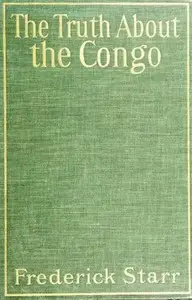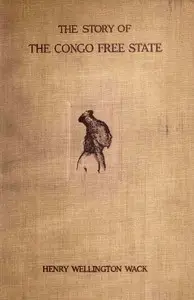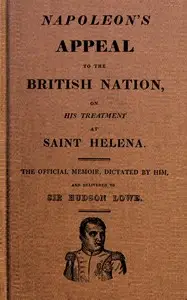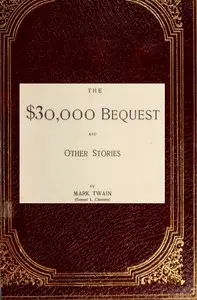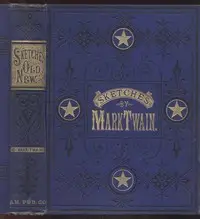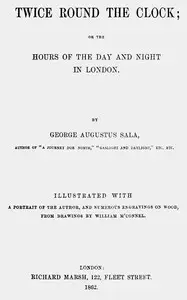"King Leopold's Soliloquy: A Defense of His Congo Rule" by Mark Twain is a scathing piece of political writing that throws light on the cruel reign of King Leopold II in the Congo. Told as if the King himself is speaking, the story cleverly reveals his weak excuses for his terrible actions, poking fun at his greed and the lies he tells to seem like a good person. The story uncovers the awful treatment of the Congolese people, who were forced to work and give up their resources, showing how Leopold’s hunger for wealth led to violence and suffering. It shows a big difference between the King's idea of himself as a kind leader and the horrible truth of his rule, criticizing the wrongs of colonialism and the misuse of power.
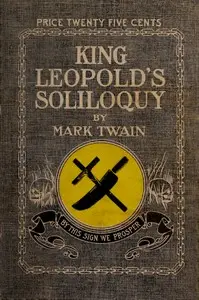
King Leopold's Soliloquy: A Defense of His Congo Rule
By Mark Twain
Hear the twisted defense of a greedy king as he tries to justify the unimaginable horrors he inflicted upon a land and its people.
Summary
About the AuthorSamuel Langhorne Clemens, known by the pen name Mark Twain, was an American writer, humorist, and essayist. He was praised as the "greatest humorist the United States has produced," with William Faulkner calling him "the father of American literature." Twain's novels include The Adventures of Tom Sawyer (1876) and its sequel, Adventures of Huckleberry Finn (1884), with the latter often called the "Great American Novel." He also wrote A Connecticut Yankee in King Arthur's Court (1889) and Pudd'nhead Wilson (1894) and cowrote The Gilded Age: A Tale of Today (1873) with Charles Dudley Warner.
Samuel Langhorne Clemens, known by the pen name Mark Twain, was an American writer, humorist, and essayist. He was praised as the "greatest humorist the United States has produced," with William Faulkner calling him "the father of American literature." Twain's novels include The Adventures of Tom Sawyer (1876) and its sequel, Adventures of Huckleberry Finn (1884), with the latter often called the "Great American Novel." He also wrote A Connecticut Yankee in King Arthur's Court (1889) and Pudd'nhead Wilson (1894) and cowrote The Gilded Age: A Tale of Today (1873) with Charles Dudley Warner.


